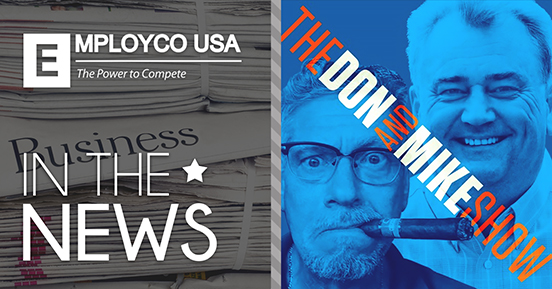
While employees continue to quit their jobs at high levels, it no longer appears that massive numbers of workers are leaving the workforce entirely. Economists have begun referring to the situation as the “Great Reshuffle” as total employment in the United States continues to trend up. Employees have been finding better jobs, with key decision factors generally revolving around compensation, benefits, career advancement and workplace flexibility.
Here are some common strategies employers can explore when it comes to attracting and retaining workers in today’s labor market.








